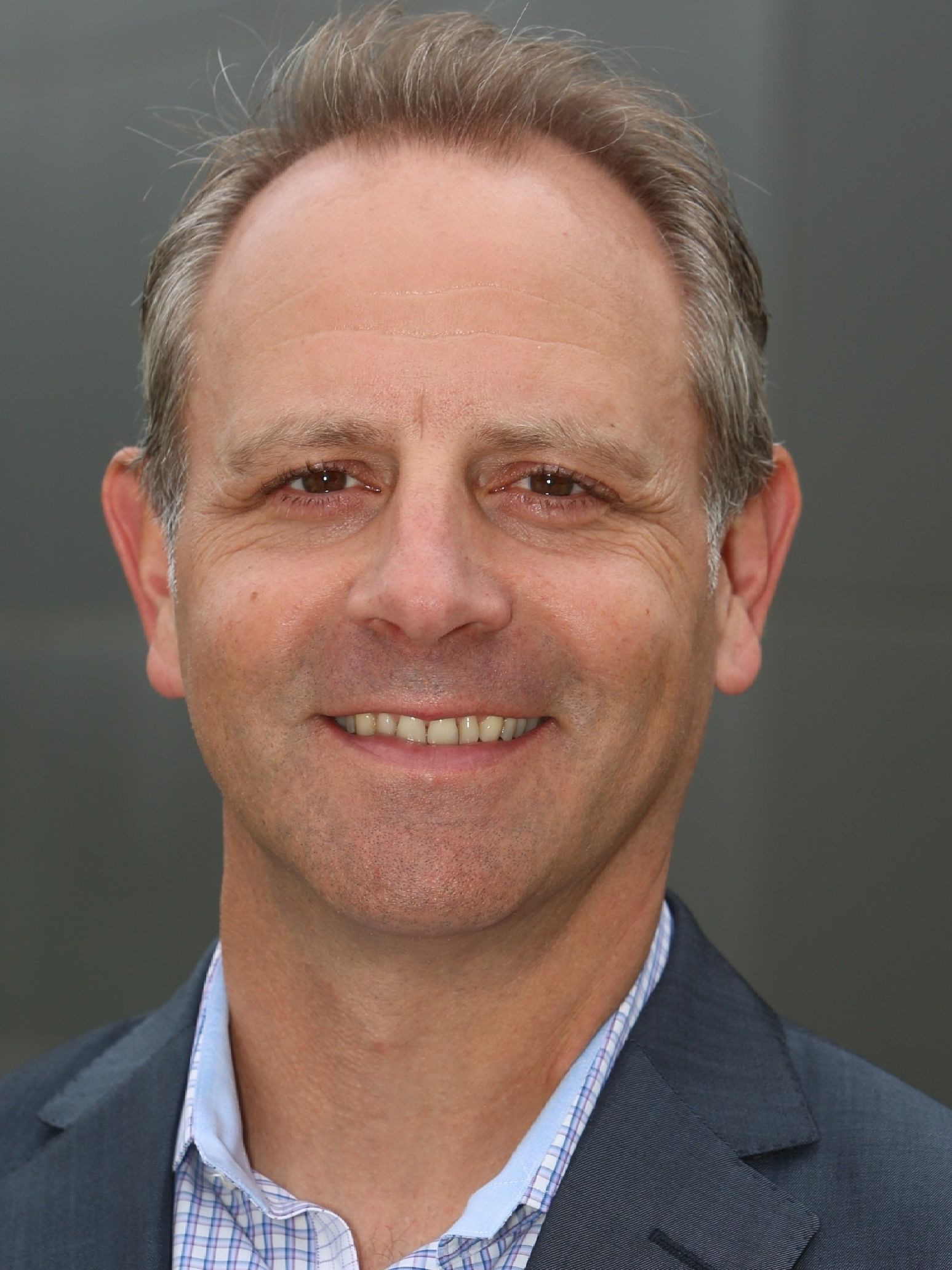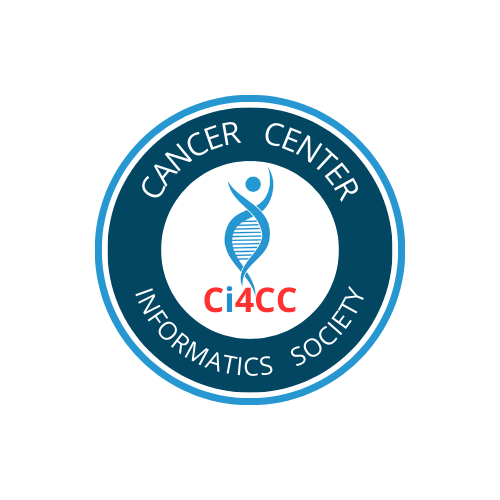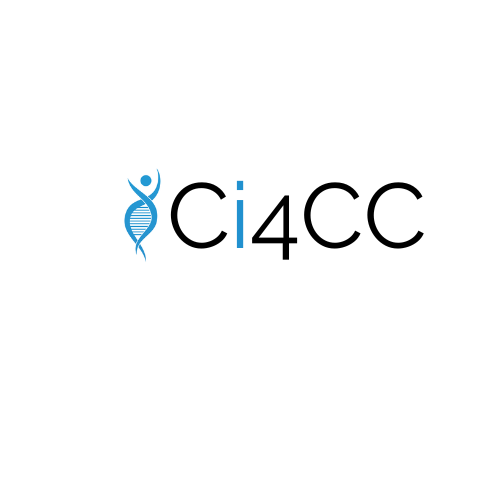Nearly $5 Million in Research Grants Awarded for Innovative Pancreatic Cancer Research
SAN DIEGO — The Pancreatic Cancer Action Network and the American Association for Cancer Research (AACR) awarded 14 grants through the 2014 Research Grants Program here today to outstanding scientists throughout the country, supporting their innovative research in the field of pancreatic cancer.
The grants support research into high-priority areas in an effort to reach the Pancreatic Cancer Action Network’s goal to double pancreatic cancer survival by 2020. Pancreatic cancer has historically been understudied and underfunded, yet it is the fourth leading cause of cancer death in the United States, and has the lowest survival rate of major cancers, at just 6 percent.
The diverse research topics funded this year include determining whether sudden-onset diabetes could be an early indicator of pancreatic cancer, strategies to starve pancreatic cancer cells of necessary nutrients, and a treatment method that involves harnessing the patient’s immune system to fight the tumor.
“Pancreatic cancer is among the most deadly of cancers,” said Margaret Foti, Ph.D., M.D. (h.c.), chief executive officer of the AACR. “With death rates steadily climbing over the past decade, more research into pancreatic cancer is urgently needed. The AACR is, therefore, proud to be partnering with the Pancreatic Cancer Action Network to support cutting-edge scientific research projects that have the potential to lead to major breakthroughs in the prevention, detection, and treatment of this devastating disease.”
“The most promising science has been selected for funding through a rigorous peer-review process. This year’s grant recipients hail from leading institutions throughout the country and range from early career investigators continuing to build the field of pancreatic cancer leaders to more senior scientists,” said Julie Fleshman, president and CEO of the Pancreatic Cancer Action Network. “Their collective efforts have the potential to answer important questions that could lead to significant scientific advances for pancreatic cancer, and ultimately improve patient outcomes. We look forward to working with our new grantees and welcoming them to our team.”
The Pancreatic Cancer Action Network, in collaboration with the AACR, introduced the grants program in 2003, and has since awarded 108 research grants totaling more than $22 million to bright and motivated scientists across the country with the goals of developing a pipeline of researchers dedicated to studying the disease, supporting innovative ideas and approaches, and enabling the organization to reach its 2020 goal.
This year’s recipients will be honored today at the AACR Annual Meeting 2014, held April 5-9.
Meet the grant recipients and learn more about their funded projects.
The
2014 Pancreatic Cancer Action Network-AACR Research Acceleration Network Grants are three-year grants totaling $1 million each. These grants offer strategic funding and project management services to high-priority projects already underway within the pancreatic cancer research community. This year’s recipients are:
- Giulio F. Draetta, M.D., Ph.D., The University of Texas MD Anderson Cancer Center, Houston, Texas; and, Co-PI,
Lewis C. Cantley, Ph.D., Joan and Sanford I. Weill Medical College of Cornell University, New York, N.Y.
“Developing a novel oxidative phosphorylation inhibitor in pancreatic cancer” - Dung T. Le, M.D., Johns Hopkins Kimmel Cancer Center, Baltimore, Md.; and, Co-PI, Todd S. Crocenzi, M.D., Providence Portland Medical Center, Portland, Ore.
- “GVAX + CRS-207 heterologous prime boost vaccination with PD-1 blockade”
Supported by the Fredman Family Foundation
The
2014 Pancreatic Cancer Action Network-AACR Pathway to Leadership Grant is a five-year grant totaling $600,000. This grant is designed to support the future leadership of pancreatic cancer research by funding an outstanding early-career investigator beginning a postdoctoral, mentored research position and continuing through a successful transition to independence. This year’s recipient is:
- Gina M. DeNicola, Ph.D., Joan and Sanford I. Weill Medical College of Cornell University, New York, N.Y.
“Therapeutic targeting of NRF2-regulated metabolism in pancreatic cancer”
The
2014 Pancreatic Cancer Action Network-AACR Innovative Grants are intended to promote the development and study of novel ideas and approaches in basic, translational, clinical, or epidemiological research that have direct application and relevance to pancreatic cancer. These two-year grants provide $200,000 over the grant term. This year’s recipients are:
- Michael Thomas Barrett, Ph.D., Translational Genomics Research Institute, Scottsdale, Ariz.
“Genomic drivers of therapeutic responses in metastatic disease” - Dafna Bar-Sagi, Ph.D., New York University School of Medicine New York, N.Y.
“PDA development: Heads or tails?” - Anirban Maitra, MBBS, The University of Texas MD Anderson Cancer Center, Houston, Texas
“Macrophage function in pancreatic cancer-associated diabetes” - George Miller, M.D., New York University School of Medicine, New York, N.Y. “Regulation of pancreatic tumorigenesis by necroptosis”
Supported by Celgene Corporation - Diane M. Simeone, M.D., University of Michigan Medical Center, Ann Arbor, Mich.
“Mesenchymal stem cells in pancreatic cancer biology and therapeutic development”
The
2014 Pancreatic Cancer Action Network-AACR Career Development Awards are two-year grants of $200,000 that are designed to attract and support early-career scientists as they conduct pancreatic cancer research and establish successful career paths in the field. This year’s recipients are:
- David G. DeNardo, Ph.D., Washington University in St. Louis, St. Louis, Mo.
“Origins and impact of macrophages in pancreatic cancer” - Eugene J. Koay, M.D., Ph.D., The University of Texas MD Anderson Cancer Center, Houston, Texas
“Changes in mass transport as a biomarker of response in pancreatic cancer” - Florencia McAllister, M.D., The University of Texas MD Anderson Cancer Center, Houston, Texas
“Targeting IL-17 signaling axis in pancreatic ductal adenocarcinoma” - Kenneth L. Scott, Ph.D., Baylor College of Medicine, Houston, Texas
“Functionalizing metabolic pathway driver aberrations in pancreatic cancer” - Kathryn E. Wellen, Ph.D., University of Pennsylvania, Philadelphia, Pa.
“Understanding metabolic control of the pancreatic cancer epigenome”
The
2014 Pancreatic Cancer Action Network-AACR Fellowship is a one-year grant of $45,000 designed to support a postdoctoral investigator’s work in pancreatic cancer research. This year’s recipient is:
- Barbara M. Grüner, Ph.D., Stanford University, Stanford, Calif.
“Multiplexed in vivo drug screening: Inhibitors of metastatic seeding”
Supported in memory of Samuel Stroum
Share this Article with others





